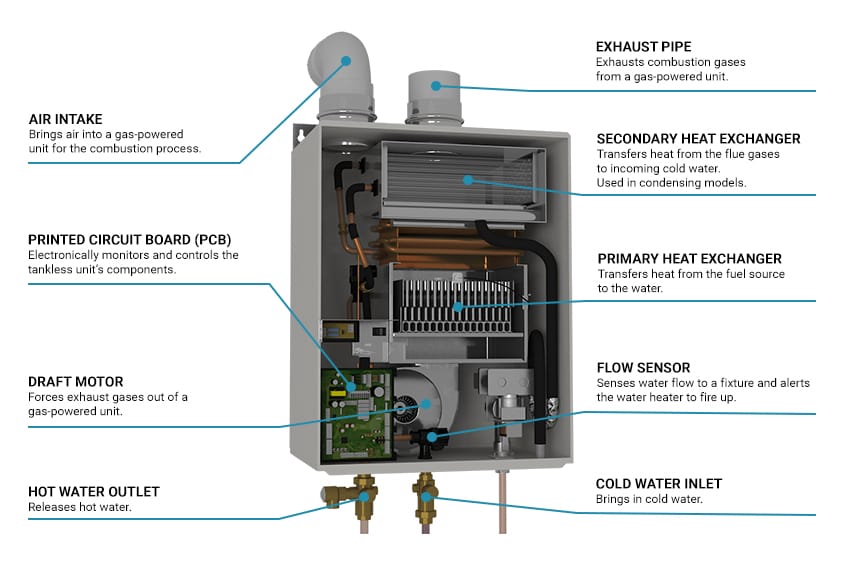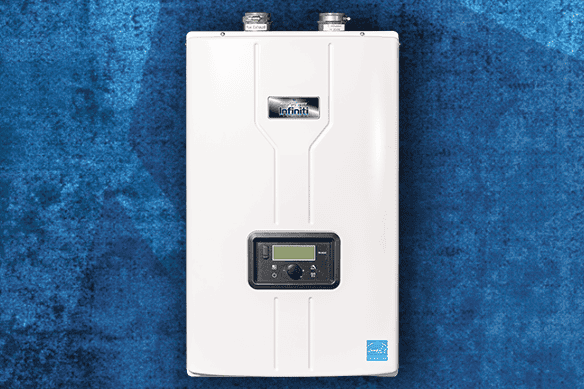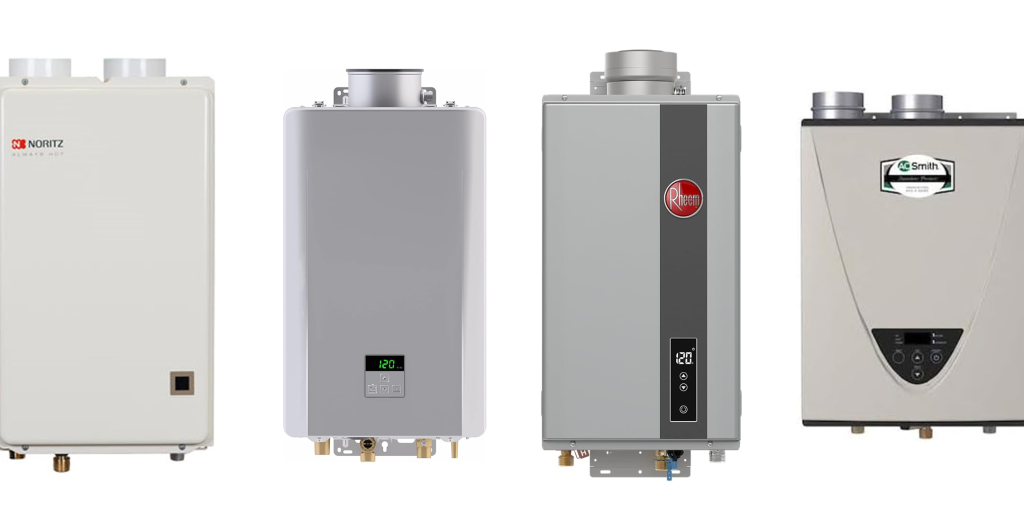
Imagine never running out of hot water again. No more waiting for a tank to refill after a long shower. That's the promise of a tankless water heater, and when powered by natural gas, it can be an incredibly efficient and cost-effective solution. This guide will explore everything you need to know about tankless natural gas water heaters, from their benefits and how they work to installation and maintenance.
What is a Tankless Natural Gas Water Heater?
Unlike traditional tank water heaters that store and heat a large volume of water, a tankless water heater, also known as an on-demand water heater, heats water only when needed. When you turn on a hot water faucet, cold water flows into the unit. A powerful natural gas burner then heats the water as it passes through a heat exchanger, providing you with a continuous supply of hot water.
Benefits of Natural Gas Tankless Water Heaters
- Endless Hot Water: Never run out of hot water, even during peak demand.
- Energy Efficiency: Tankless units only heat water when needed, reducing standby energy losses.
- Space Savings: Compact design frees up valuable floor space compared to bulky tank water heaters.
- Longer Lifespan: Tankless units typically last longer than traditional tank heaters, often 20 years or more.
- Lower Operating Costs: While the initial cost may be higher, long-term energy savings can offset the expense.
How Natural Gas Tankless Water Heaters Work

The process is quite simple yet ingenious. When a hot water tap is turned on, a flow sensor detects the demand. This triggers the natural gas burner to ignite, heating the water as it flows through the heat exchanger. The heated water is then delivered to the faucet or appliance. Once the demand stops, the burner shuts off, conserving energy.
Key Components:
- Flow Sensor: Detects water flow and activates the heating process.
- Natural Gas Burner: Heats the water as it passes through the heat exchanger.
- Heat Exchanger: Transfers heat from the burner to the water.
- Control Panel: Allows you to adjust temperature settings and monitor performance.
- Ventilation System: Safely exhausts combustion gases.
Choosing the Right Size and Capacity
Selecting the right size and capacity is crucial for optimal performance. Consider the following factors:
- Flow Rate (GPM): Determine the maximum flow rate required for your household. This is measured in gallons per minute (GPM).
- Temperature Rise: Calculate the difference between the incoming cold water temperature and the desired hot water temperature.
- Number of Fixtures: Consider the number of hot water fixtures (showers, faucets, appliances) that may be used simultaneously.

Consulting with a qualified plumber or HVAC professional can help you determine the appropriate size and capacity for your specific needs.
Installation and Maintenance
Installation of a natural gas tankless water heater should always be performed by a licensed professional. This ensures proper venting, gas line connections, and electrical wiring. Proper maintenance is also essential for optimal performance and longevity. Regular maintenance tasks may include:
- Flushing the Heat Exchanger: Remove mineral buildup and sediment.
- Checking Gas Connections: Ensure there are no leaks.
- Inspecting Ventilation: Verify proper venting and airflow.
- Cleaning Air Filters: Maintain proper airflow for efficient combustion.
Cost Considerations

The initial cost of a natural gas tankless water heater is typically higher than a traditional tank heater. However, the long-term energy savings can offset the initial investment. Consider the following cost factors:
- Unit Cost: Varies depending on size, capacity, and brand.
- Installation Cost: Includes labor and materials for gas line connections, venting, and electrical wiring.
- Operating Costs: Lower energy bills due to on-demand heating.
- Maintenance Costs: Regular maintenance can extend the lifespan and prevent costly repairs.
Safety Precautions
Natural gas appliances require proper ventilation to prevent carbon monoxide buildup. Ensure that the ventilation system is properly installed and maintained. Install carbon monoxide detectors in your home to ensure safety.
Conclusion
Tankless natural gas water heaters offer numerous benefits, including endless hot water, energy efficiency, and space savings. By carefully considering your needs and consulting with a professional, you can choose the right unit for your home and enjoy years of reliable hot water.
No comments:
Post a Comment
Note: Only a member of this blog may post a comment.